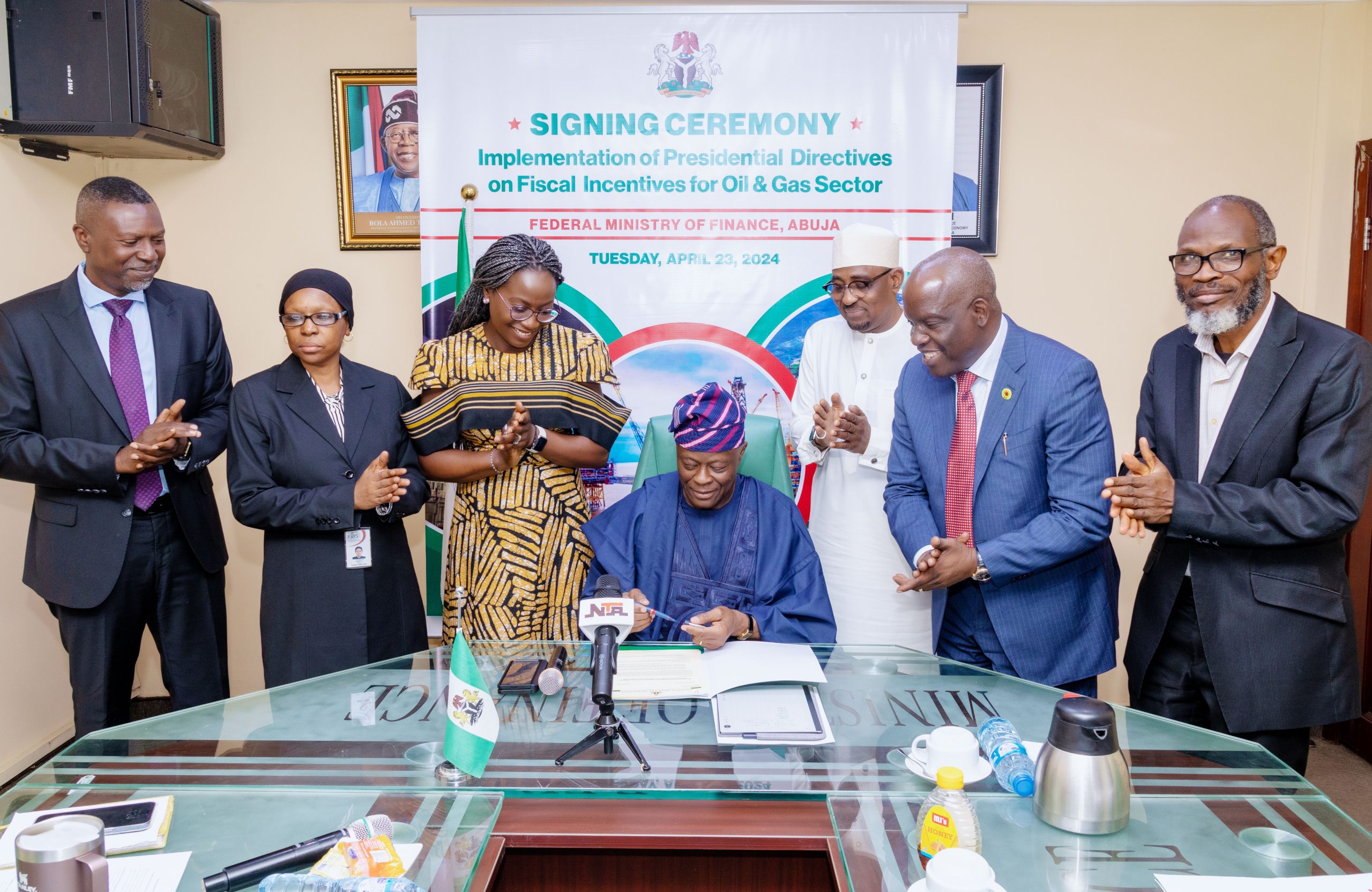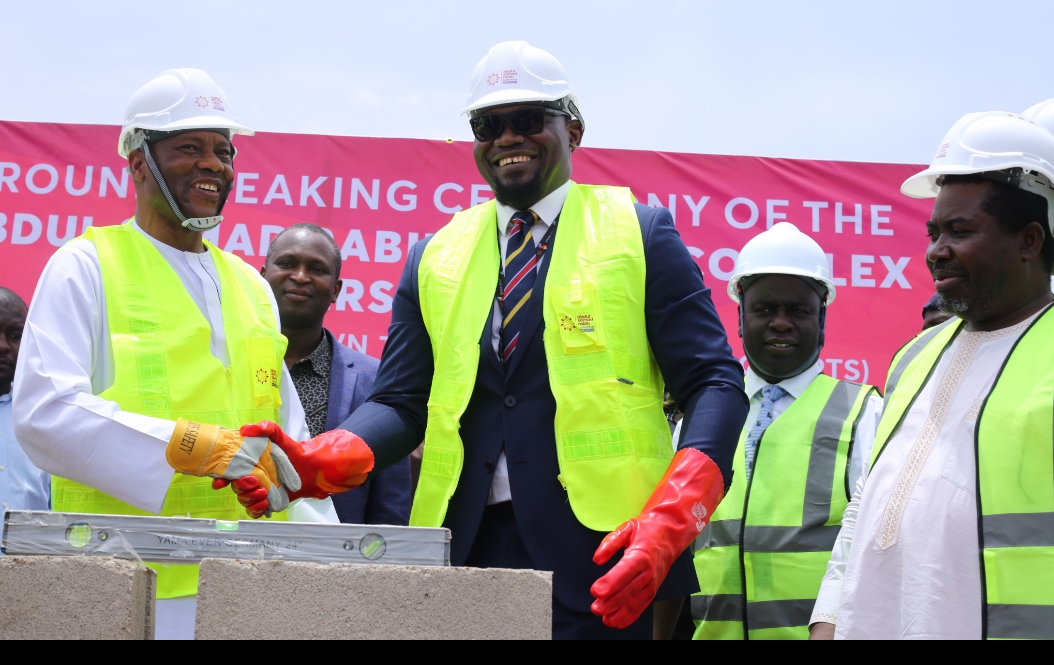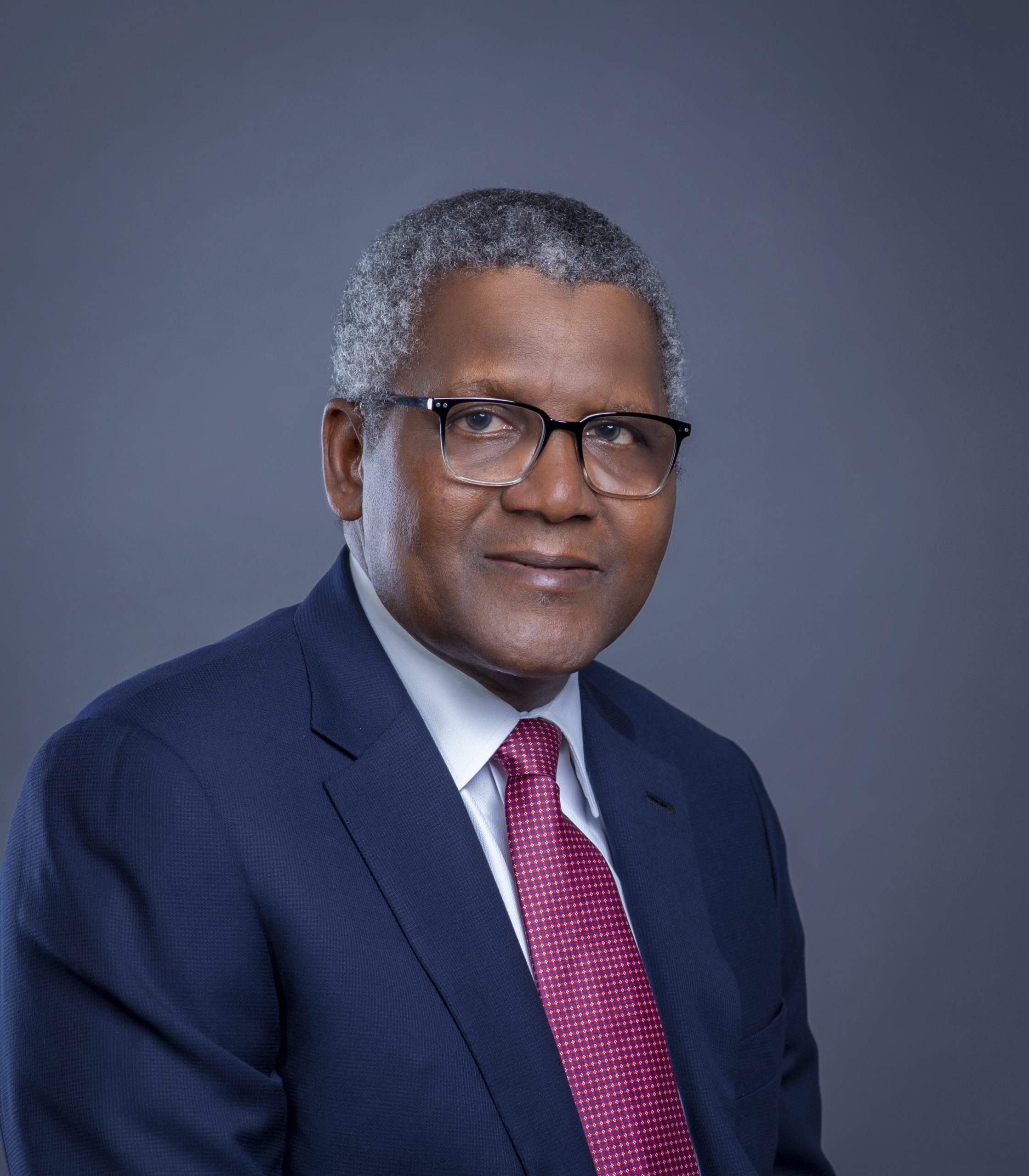With ever-increasing customer expectations of quick service and near real-time transactional support, United Bank for Africa (UBA) committed resources to Artificial Intelligence (AI) a year ago, birthing Leo, a Banking Chatbot that helps customers carry out key banking transactions anywhere, using mobile devices and personal computers.
Leo can be accessed via Facebook or WhatsApp.
“Our customers are increasingly asking for mobile services that make their lives easier, and Leo is becoming a growing choice for his convenience and personal solutions,” says Austin Abolusoro, who heads Online Banking at UBA.
Leo combines the latest technology in AI; predictive analytics and natural language, to be a virtual financial assistant to customers, who can interact with it any way they choose, including texting or tapping options on their screen. Leo has proven to be an important financial assistant, helping users to search for transactions, view account history and balance, pay bills, as well as track spending trends. Leo is also developing interest in other aspects of users’ lives and currently helps them to check football scores and weather information. Leo will continue to learn and become more involved in the lives of users to better meet their needs and address their queries.
“As we continue to advance our work on AI-driven developments, it is important that we listen to our users today and further enhance Leo to align to client feedback in order to better meet and anticipate needs and even give them increased value as Leo clocks one,” Abolusoro adds.
This milestone reflects the bank’s continued focus on providing industry-leading digital capabilities as part of its high-tech, high-touch client experience.
Everything learnt over the last one year of Leo’s work will help UBA improve on its digital offerings, says Abolusoro, Head of online banking, who assured customers of “nothing short of the very best innovation in the coming months”.
Leo is set to become a financial control centre for its wide range of users, offering them accessible and intelligent ways to manage their money. It will also be recommending ways to save money and automatically switch to the best value products available to the user.
Leo who speaks multiple languages and is extremely user friendly, has become the preferred Banking Chatbot in Nigeria and the only available AI banking chatbot in 15 other countries across Africa, including Cameroon, Zambia, Cote D’Ivoire, Senegal, Congo DRC, Tanzania, Kenya, Uganda and UBA’s latest subsidiary, Mali.
In 12 short months since he was launched, Leo has won several awards, including the Euromoney Award which aptly validates his dominance in the digital banking space. Euromoney is a globally renowned organisation which appraises more than 20 global product categories, best-in-class awards and the best Banks in over 100 countries around the world, recognising institutions that have demonstrated leadership, innovation, and momentum in the markets in which they operate.





 Business6 months ago
Business6 months ago
 celebrity radar - gossips4 months ago
celebrity radar - gossips4 months ago
 celebrity radar - gossips4 months ago
celebrity radar - gossips4 months ago
 Business3 months ago
Business3 months ago











You must be logged in to post a comment Login